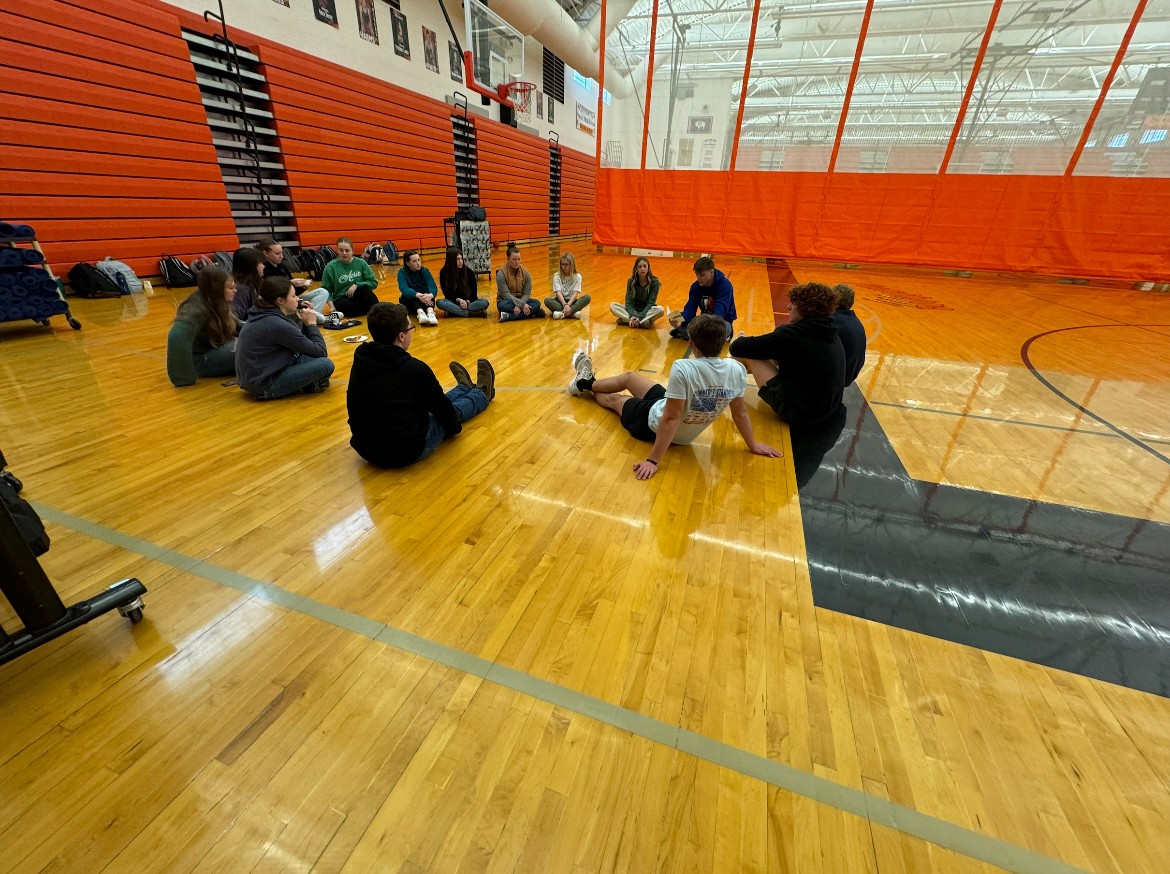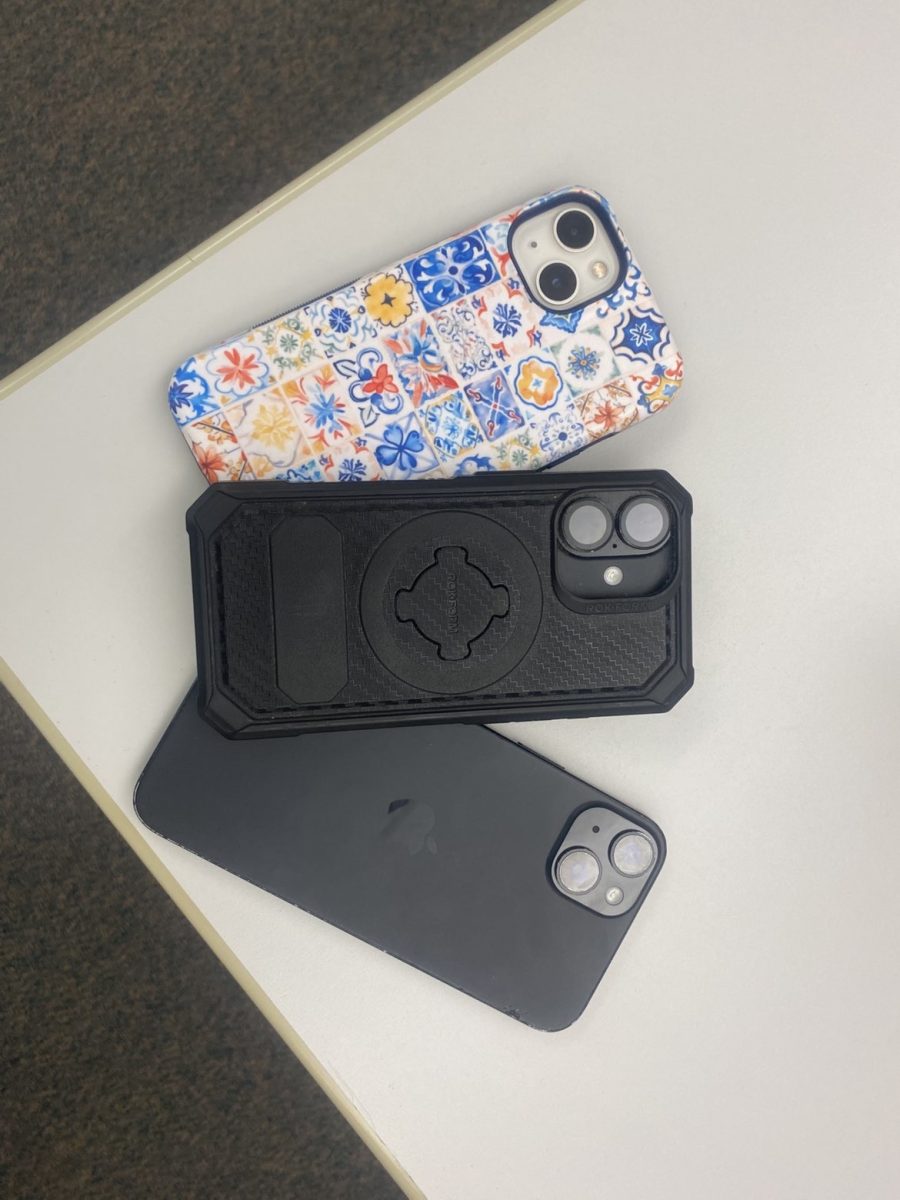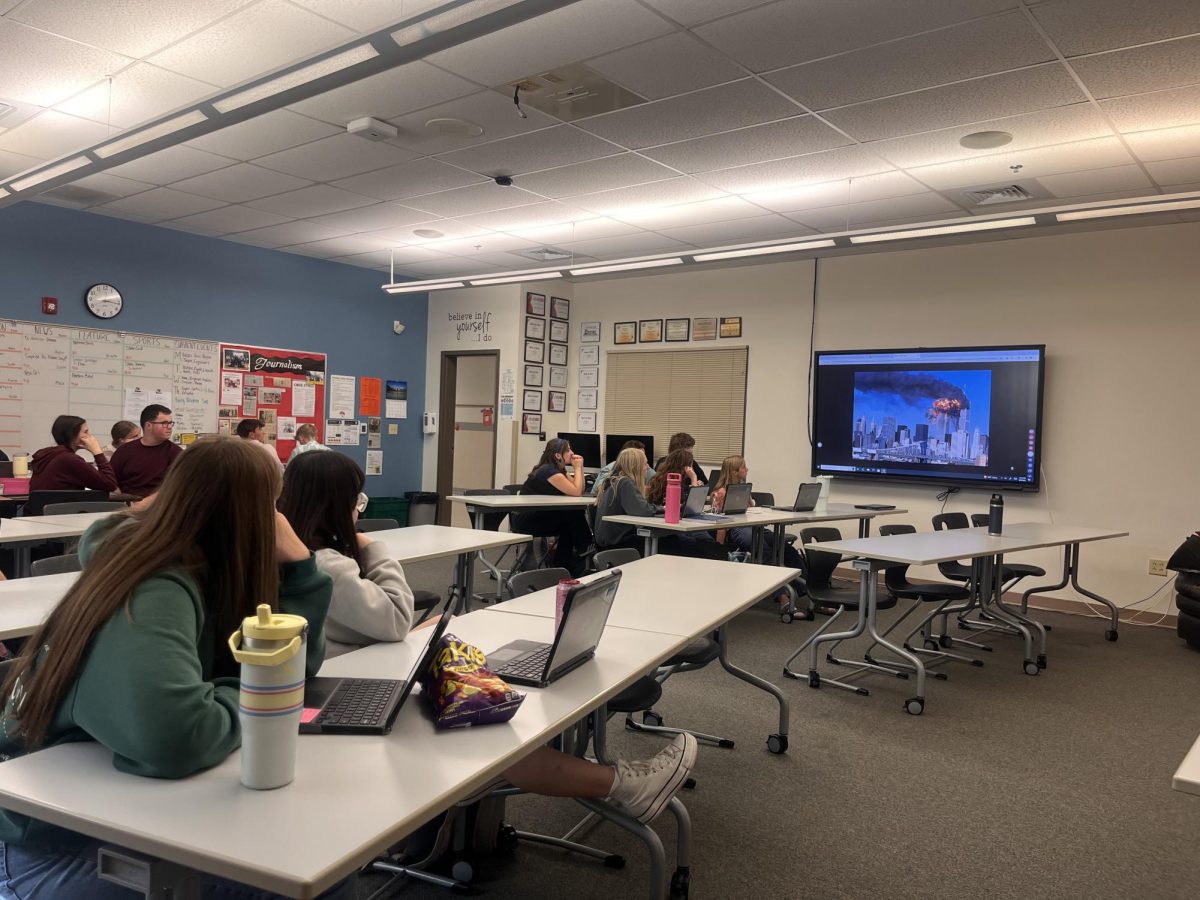Powell is considered a religious town, with churches on every corner. Whether Latter-day Saint (LDS), Christian, Baptist, Lutheran, or Catholic churches, with a ratio of 20 churches to 6500+ people, Powell has plenty of variation. Unfortunately, many often fall victim to stereotypes.
Prejudice is an issue wherever you go, so educating people on values significant to individuals and the community is important. Religions can be difficult to understand, no matter what beliefs one follows, meaning that it’s important to be aware of all sides.
“I think there are a lot of misconceptions on whether my religion is Christian or not,” LDS senior Allie Gilliatt said. “But due to the fact that we believe in a Heavenly Father and Jesus Christ and the Holy Ghost in and of itself makes us Christian.”
Allie Gilliatt is dedicated to the Church of Jesus Christ of Latter-day Saints, which is sometimes a controversial faith, due to different beliefs under the umbrella of Christian faith. In contrast to other Christian denominations, LDS members view God, Jesus, and the Holy Ghost as three separate beings.
“My religion is non-denominational, meaning it’s just the raw truth minus a lot of traditionalism,” Christian senior Anna Smith said. “Technically, Catholics, Lutherans, and anyone who believes Jesus was crucified is considered a ‘Christian.’”
Talking about different religions–at least different branches–is important to get insight into why they believe what they do; however, some people don’t follow anything. This thought system is called atheism; atheists do not believe in any sort of monotheistic or polytheistic and in this community, they could be reluctant to be identified as such.
“I just feel like there’s so many religions out there,” one self-identified atheist, who would like to remain anonymous said. “Not every single one can be right, and that leads me to believe that religion was made for people to believe in something.”
Despite Christianity having different branches, the main recurring theme is faith. God is not a visible being, and due to not being able to see Him, this is where some people’s faith gets iffy when trying to follow God and other Holy figures.
“I’d say I have a pretty strong testimony,” Gilliatt says. “Rather than just trying to follow the rules, I try to exemplify the characteristics of Jesus Christ and let that influence every factor of my life.”
Despite the different branches of Christianity, the similarities are clear, faith-wise, and the influence on worshippers’ lives, displaying the impact of religion on many– not in a bad way by any means.
“My religion influences every aspect of my life; it’s the way I grieve, how I handle tribulations, how I overcome fear, the way I treat others,” Smith said. “The list goes on forever.”
Not having a divine being to follow doesn’t immediately restrict the ability to live. Non-believers have structure and morals, regardless of not following a religion.
“I do think believing in a religion can be a really good thing for many people because religion does have a lot of good values,” the anonymous student said. “But you don’t need religion to be a great person, and that’s what I believe in.”









